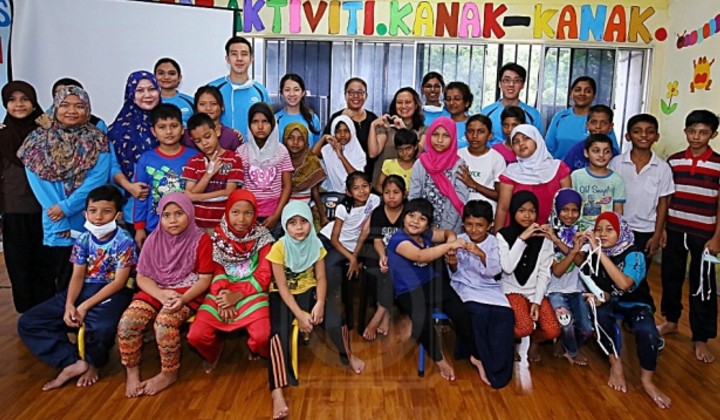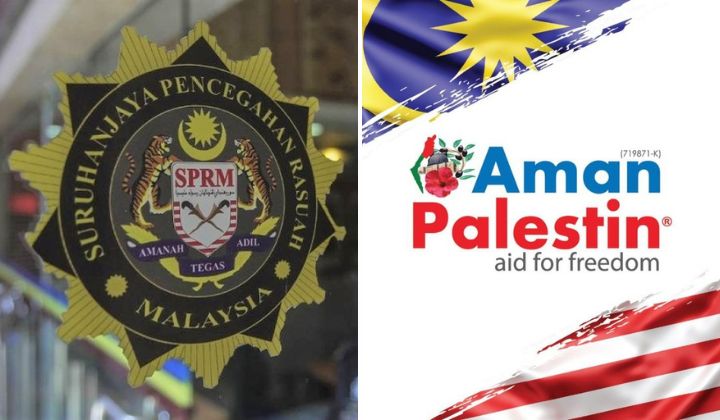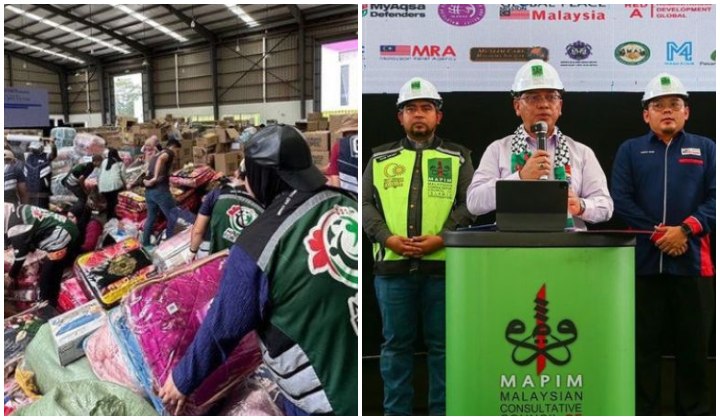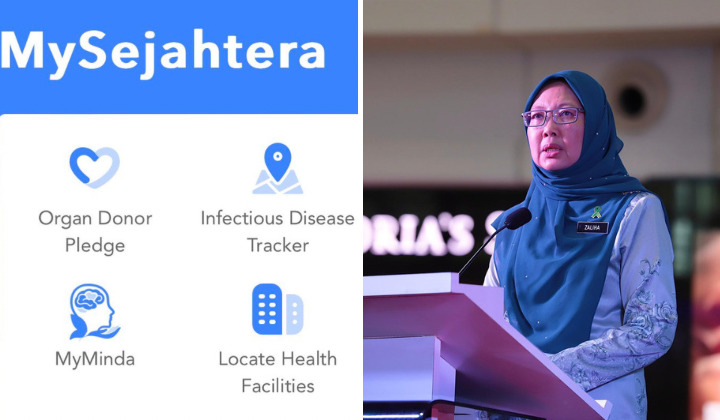Refugee Children Are Using Whatsapp To Attend Classes And Do Their Homework During This MCO

Subscribe to our new Telegram channel for the latest updates on Covid-19 and other issues.
On regular days, refugee and stateless children without an IC attend their classes at Yayasan Chow Kit, a 24-hour crisis and drop in centre providing meals, activities, therapy, case management, and educational programmes.
These at-risk children are cared for through this NGO, keeping them off the streets and giving them opportunities at education.
Now that the movement control (MCO) is in place and extended, what happens to the children who rely on these NGOs on a daily basis?
Ananti Rajasingam, COO of Yayasan Chow Kit (YCK), spoke to us about how the needy are faring now without the usual help that they receive from the NGO.
Our teaching staff are conducting lessons over Whatsapp, and the children still enjoy doing their homework. For them, it’s an escape from what’s happening.
Ananti Rajasingam to TRP
Yet there’s no doubt that the MCO has affected these children and their families severely. Many of the at-risk families are mostly in the B40 group and below, earning daily wages. With the MCO in place, many have lost their jobs and the little bit of income they’ve had.
Ananti notes that some of the children are going through depression at this time because of the difficult financial issue their family is facing, which is why they enjoy the regular routine of learning and doing homework, even if lessons are conducted through Whatsapp on a shared family phone.
Despite the hardships these children are facing now, they still would like to keep their education a priority if possible.
To relieve the burden on the children and their families, YCK has done what they could to help these families. Thanks to generous donors, they have managed to secure essential groceries for around 100 families, pay the rental for families who no longer have an income, and foot the hospital bills for mothers who are giving birth during this time.
Their donations vary, according to Ananti, depending on whether it’s cash donations or donations in kind. With more funds, the NGO can do more for more families.
Originally, YCK kept their centre open as a shared pantry, allowing families in need to walk in and pick up whatever they needed.
However, they realized that the MCO meant travelling was difficult, especially for refugees and stateless families, who were more afraid of being rounded up by the police. Since then, YCK have worked with other volunteer organisations to hand-deliver essentials directly to these families instead.
Ananti states that any help is appreciated, especially during this tough time. The children would appreciate additional data plans to complete their homework, while the NGO can always do with more essential food items or cash donations. Even after the MCO, volunteering at the YCK shelters would allow the NGO to refocus on the children’s future.
To find out what essentials they need, you can email admin@yck.org.my or contact them on their Yayasan Chow Kit Facebook page.
Share your thoughts with us on TRP’s Facebook, Twitter, and Instagram!
Anne is an advocate of sustainable living and the circular economy, and has managed to mum-nag the team into using reusable containers to tapau food. She is also a proud parent of 4 cats and 1 rabbit.





